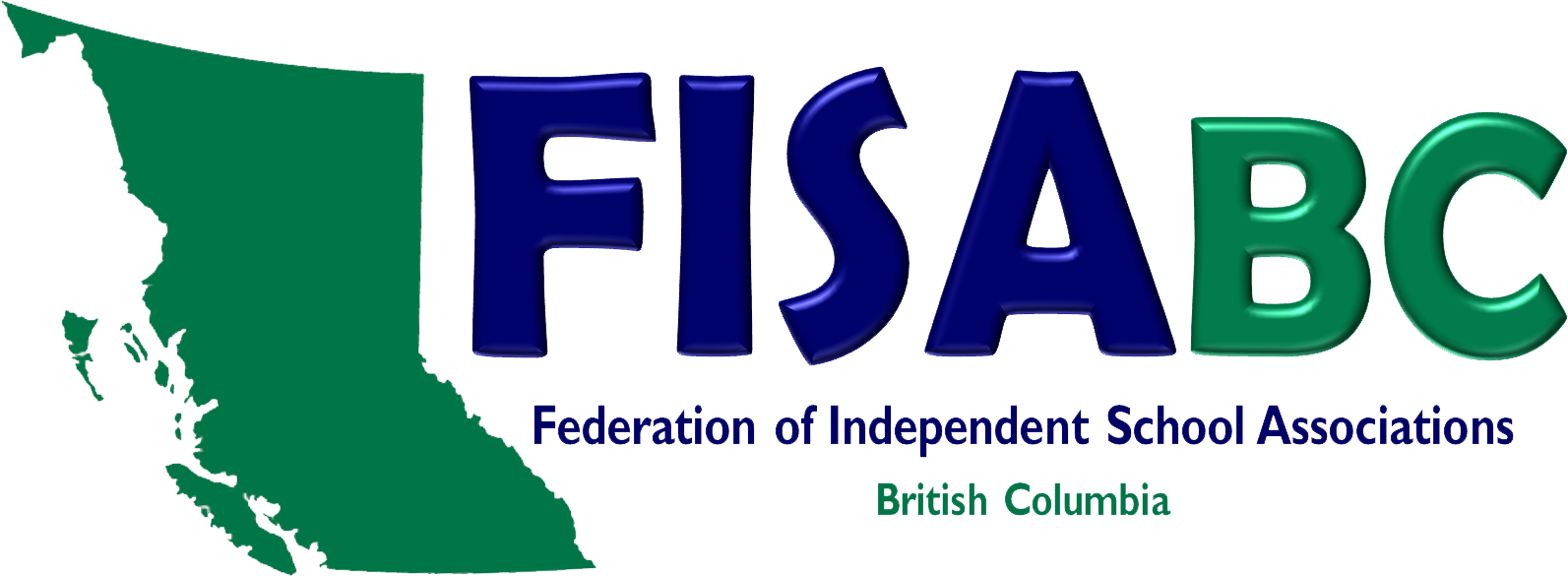
Society demands choice in toothpaste, clothing, cars and restaurants — shouldn’t it allow choice in education as well?
“That, in fact, is one of the core principles behind FISA“, says Doug Lauson – a former teacher, principal and Superintendent for the Catholic Independent Schools in the Vancouver Archdiocese.
Now an educational consultant, Lauson remembers the mid-1960s when independent schools were not recognized by the BC government. “Canada had signed the UN declaration of Human Rights in the late 1940s,” Lauson says. “Article 26 says, and I quote, ‘parents have the right to choose the kind of education that shall be given to their children.’”
It took some time before the BC government finally came around to recognizing the inconsistency of its position. Finally, however, in 1977, the Independent Schools Support Act came into being, providing funding assistance for independent schools
“Funding relates to the issue of choice,” Lauson says. “If I choose a Catholic school and someone else chooses a Jewish school and someone else chooses a university prep school, it’s a choice. The fundamental philosophy is we support choice of parents.”
“In fact, even the public school system acknowledges the value of choice”, Lauson says. There are specialized schools for athletic high performers and alternative schools for those talented in the arts. As well, there are “mini schools” within some regular public schools that offer a broad spectrum of academic choice. In recent years, parents who send their children to a public school even have the option of crossing boundaries — meaning that a child who lives in one public school “catchment area” can choose to attend public school in a different one, for whatever reason.
“My family is Catholic,” says Lauson, “and if I want a Christian education for my child, I can’t send my child to a public school because they don’t teach any faith-based values.”
Parents who send their children to independent schools are willing to pay extra to support their own choice — with tuition fees — but they need the support of the government to help them do that, according to Lauson. Currently, the BC government pays 50% of funding for the majority of independent schools. (University prep schools — which spend more per student than the public schools in the same district — receive only 35% funding.) In addition, all capital costs for building, land and equipment for independent schools are not covered by the government at all.
Opponents of independent schools say parents will continue to send their children there — even if funding is cut, but Lauson disagrees. “The majority of parents who choose to send their children to an independent school are not well-to-do and they couldn’t afford to pay the full cost of education,” he says. “They are average, ordinary, working middle-class people and their income levels are no different from those families in the public system.”
In fact, the importance of choice becomes particularly apparent if you examine the case of students with learning disabilities. Currently, the only wholly specialized schools providing special needs services to such students are 17 independent ones scattered throughout the Lower Mainland. There are no equivalent special education schools in the public system.
The FISA perspective is that every citizen of BC has the right to an education, whether in a public or independent school. “It’s the obligation of the government of the province to pay for at least part of the cost of education for all its citizens,” Lauson says. “Choice is a basic human right.”
